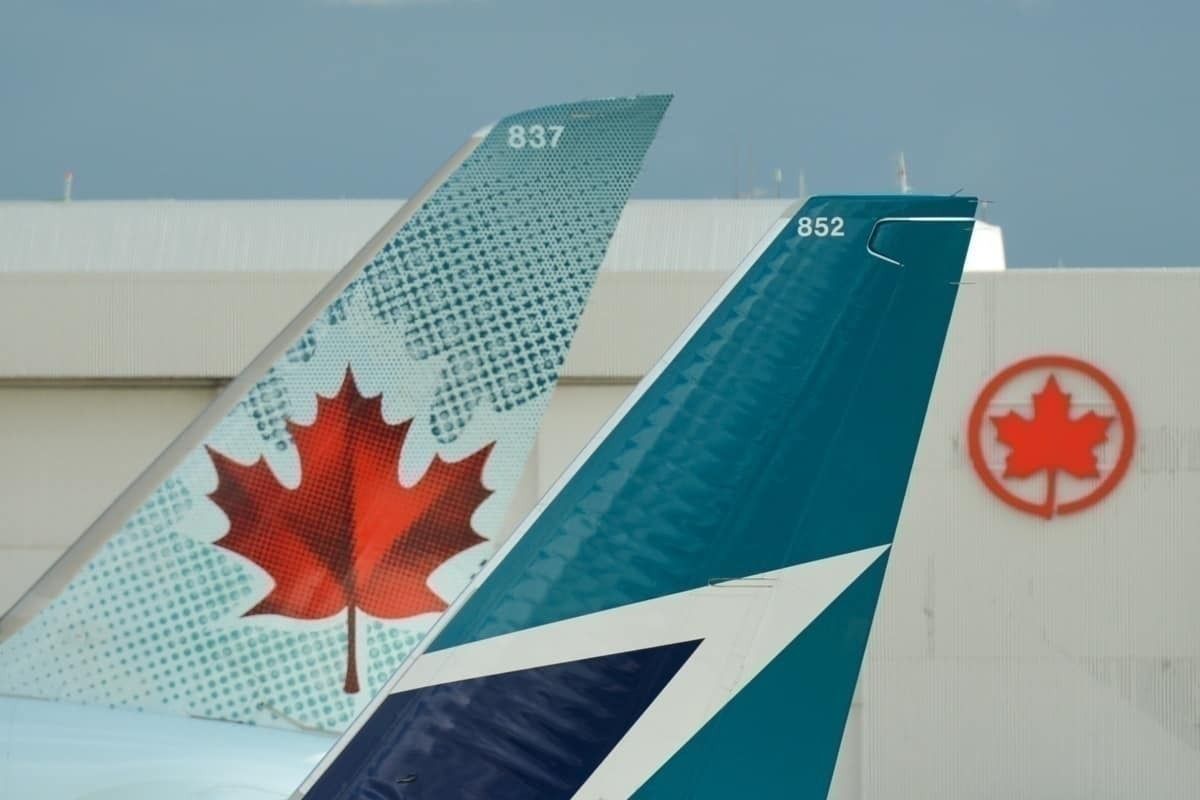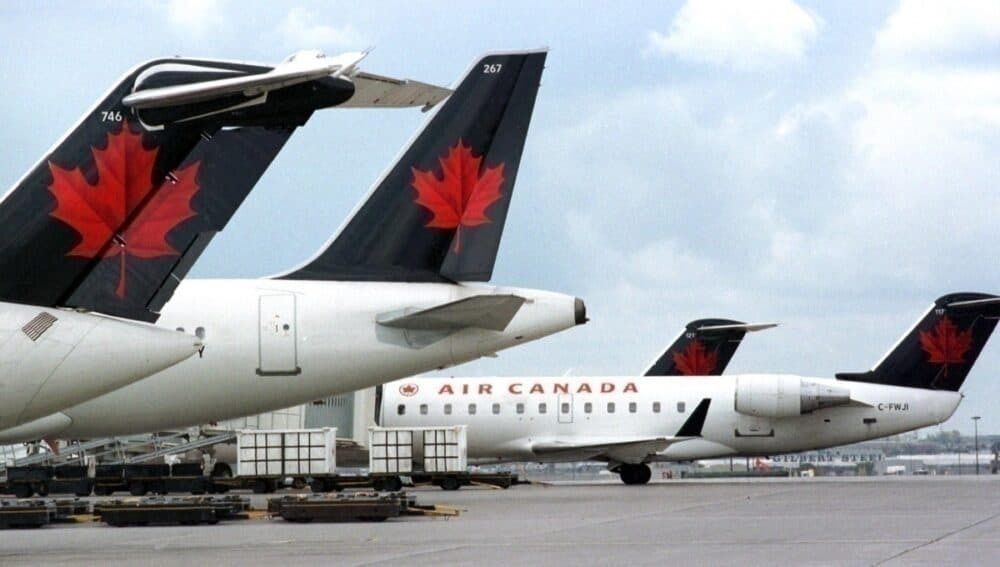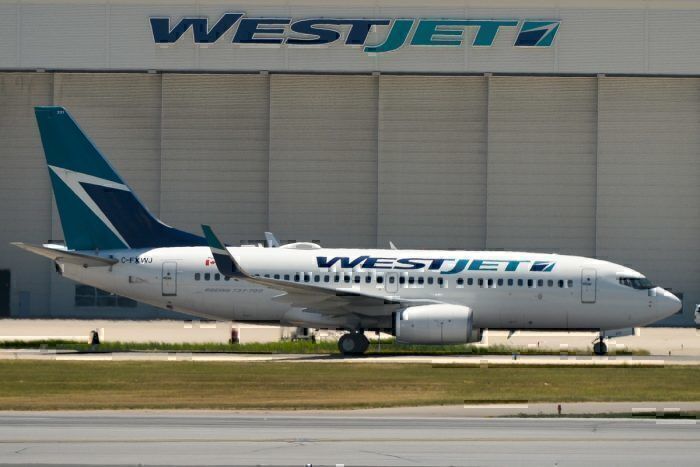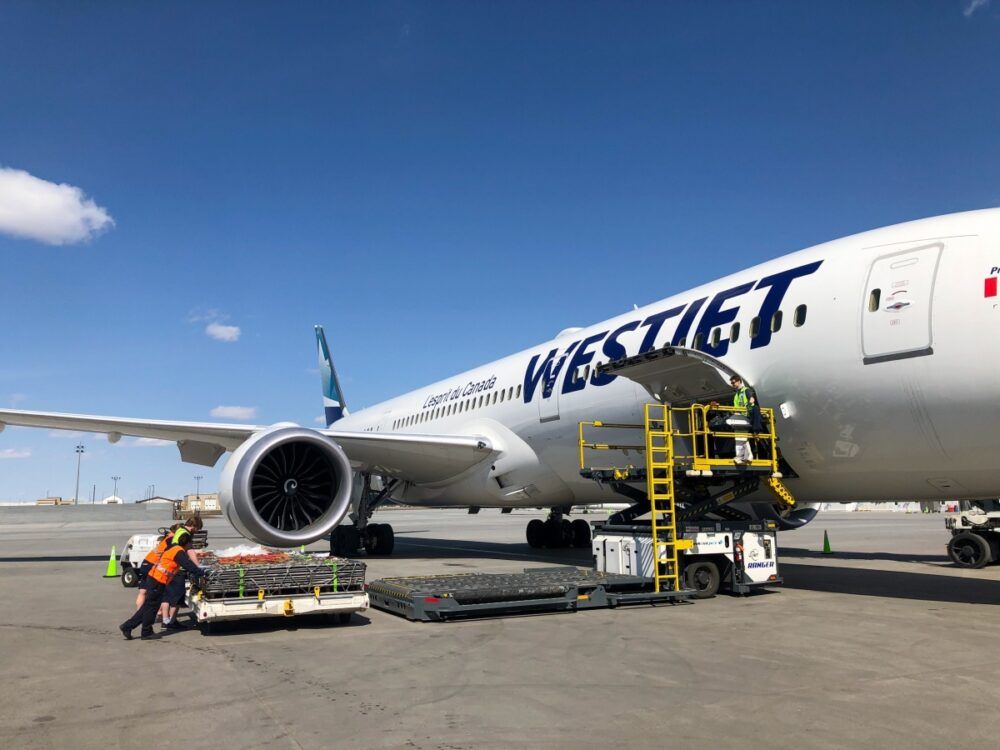The Canadian Transportation Agency (CTA) is clarifying a statement it made at the end of March that supported Canadian airlines issuing vouchers and credit instead of giving cash refunds for canceled flights. The government agency says that its initial position on airlines' right to issue vouchers is "not a binding decision."
A quiet clarification?
Found in the FAQ section of the CTA's original statement, the government body makes it clear that its first message was not binding policy:
"The Statement on Vouchers, although not a binding decision, offers suggestions to airlines and passengers in the context of a once-in-a-century pandemic, global collapse of air travel, and mass cancellation of flights for reasons outside the control of airlines."
Modifications to the FAQ page appear to have been made on April 22nd. However, with its most recent Twitter activity being mid-March, it's quite interesting that changes were made so quietly.
The original statement sparked outrage as hundreds, if not thousands of airline customers were hoping to get their money back after the majority of flights were canceled last month. In fact, many Simple Flying readers took to the comments section of our article to express their dissatisfaction.
One commenter said the following, which was a sentiment echoed by many:
The contract was not completed as flights were cancelled. In essence you are forcing the public to bail out the airlines. Besides with job losses and accumulating debts due to the virus nobody will be able to afford a vacation soon... -Rob L.
Much needed clarity
Still, the clarification - though tucked away in the FAQ section of the statement - needed to be said. As Air Passenger Rights advocate Gabor Lukacs has noted, the law is clear that a full refund to the original form of payment is owed to passengers - something that has been confirmed in numerous legally binding decisions by the CTA.
Thus, it would take much more than a simple website statement for the CTA to actually reverse the law.
Whether it was intended to mislead, or just poorly worded, the (original) statement was badly needed in order to strike a balance in ensuring airlines don't collapse while protecting consumer rights and the sums of money they have paid. Some of that money is crucially needed at this time, as unemployment claims have skyrocketed in the past month.
Airline response
Simple Flying contacted both Air Canada and WestJet for their reaction to this clarification. While we have yet to hear back from the former, WestJet told us:
"The Canadian Transportation Agency (CTA) clarified its statement on vouchers and for that we thank them. As the CTA notes in the April 22 clarification, airline tariffs do not always provide for cash refunds especially in cases beyond our control. WestJet believes refunding with travel credits is an appropriate and responsible approach in extraordinary circumstances such as the COVID-19 crisis."
It adds that within a short matter of time, air travel demand plummeted nearly 90%. This has forced the airline to reduce the size of its active workforce by nearly 10,000 and park more than two-thirds of its aircraft.
The airline goes on to tell us that the issuance of vouchers for future travel can do two things:
- Help protect passengers from losing the full value of their flights
- And improve the odds that over the longer term, consumer choice and diverse service offerings will remain in Canada’s air transportation sector
Our take
As we've written recently, this is a prime time for airlines to be collapsing, going bankrupt, and/or going into administration. This is something we've most recently seen with Virgin Australia, which is unable to cover all of its debts.
WestJet makes a decent point regarding consumer choice in the sense that if any Canadian carriers collapse, we'll see a drop in competition. This may lead to even higher fares in Canada's already expensive market.
Furthermore, depending on an airline's financial situation, if enough refunds were demanded, this could lead to a declaration of bankruptcy - absolving the carrier from covering any unpaid refund requests.
Global News reports that a class-action lawsuit is underway, claiming airlines have unfairly denied customer refunds. Furthermore, a petition with more than 13,000 signatures has gone out calling on the government to refuse financial relief to any carrier that does not reimburse travelers.
What do you think about the CTA's clarification and the airline response? Let us know in the comments.




